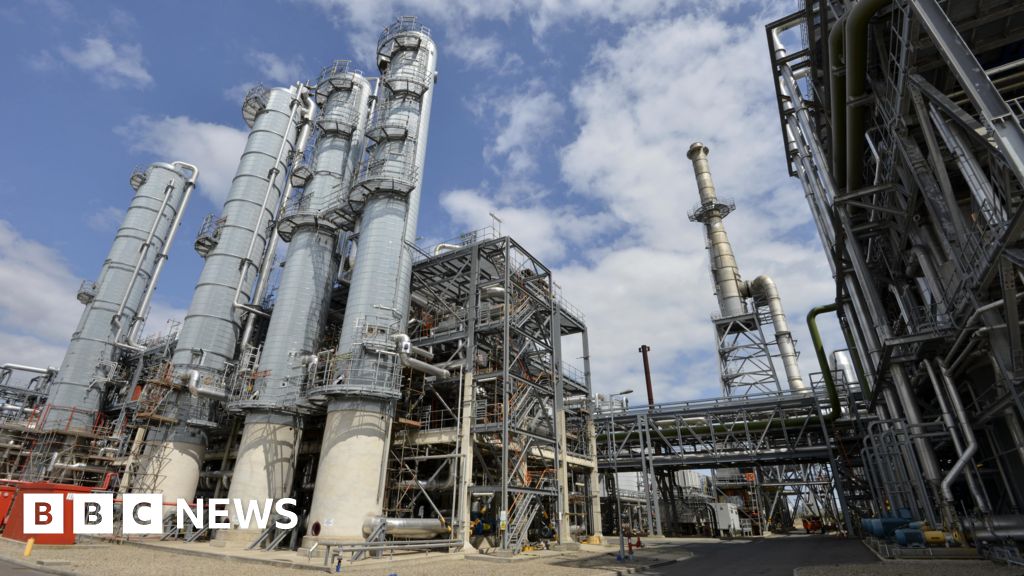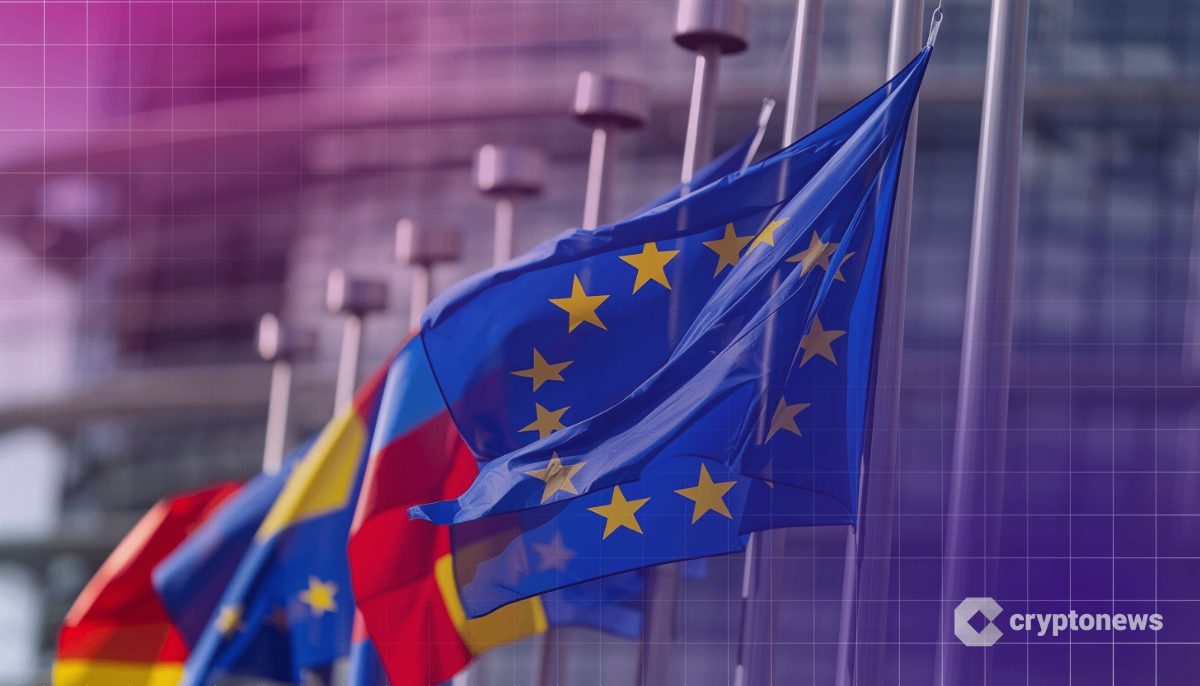Europe endured one of its most tumultuous years since the end of the Second World War in 2022. Russia’s February invasion of Ukraine ignited humanitarian, political, and economic crises, exacerbating a supply chain crunch and energy crisis that stoked inflation to historic highs.
It’s in the context of this energy crisis that Shell leads Fortune’s inaugural list of Europe’s biggest companies, edging out Volkswagen for the top spot. The group is one of six energy firms comprising the Fortune 500 Europe’s top 10, as big hitters like TotalEnergies and Glencore delivered bumper revenue growth last year.
Shell’s revenues soared more than 41% to $386 billion in 2022, the highest in Europe. The oil and gas giant also took the mantle of Fortune 500 Europe’s most profitable company, after chalking up $42.3 billion of income.
The group has its liquified natural gas arm to thank for its rousing 2022 performance. The energy source proved a strong alternative to Russian gas after Moscow cut access to the Nord Stream 1 pipeline last year, and then both the Nord Stream 1 and 2 pipelines were damaged.
Shell put its profit to work last year, spending $25 billion on capital expenditure, of which $3.5 billion went towards its renewables arm as part of its goal to become carbon neutral by 2050.
Wael Sawan took the reins from Ben van Beurden to become CEO in January this year. The former head of integrated gas and renewables has since embarked on a plan to woo shareholders by tracking a slower path away from fossil fuels.
There are speed bumps ahead for Shell as it works to keep its spot as Europe’s biggest company in 2023. The last year has brought fresh challenges in the face of falling oil prices and a weakening economy that could soften demand for energy.
Old industry continues to dominate Europe
In contrast to Fortune’s landmark list of the 500 biggest U.S. companies, occupied by a dynamic mix of retail, tech, pharmaceuticals, and energy, Europe continues to be dominated by industry.
Energy groups filled seven of the top 10 spots in the Fortune 500 Europe list, adapting to a tougher economic climate and harsher geopolitical context to largely increase sales.
Europe’s biggest automotive firms filled in the remaining spots in the top 10, though the fortunes of German carmakers Volkswagen (#2) and Mercedes-Benz (#9) were the opposite of the energy firms. The pair fought through persistent semiconductor shortages last year, which impacted the companies’ bottom lines as they continued their transition from combustible engines to electric vehicles.
The 2023 list will likely reveal the impact of more challenges for Europe’s biggest companies. Persistent inflation and high interest rates took their toll on consumers and businesses this year, leaving the continent’s biggest economies flirting with a recession just as the U.S. barrels ahead.
But there are also opportunities. While Germany’s economy struggled in 2022, it is still home to some of the world’s biggest companies. The continent also boasts the Danish group Novo Nordisk, which has emerged as one of the most exciting companies of 2023 after its weight loss-aiding drugs captivated the U.S.
Meanwhile, renewed attention on energy independence could put Europe’s big hitters back in vogue.
Credit: Source link











